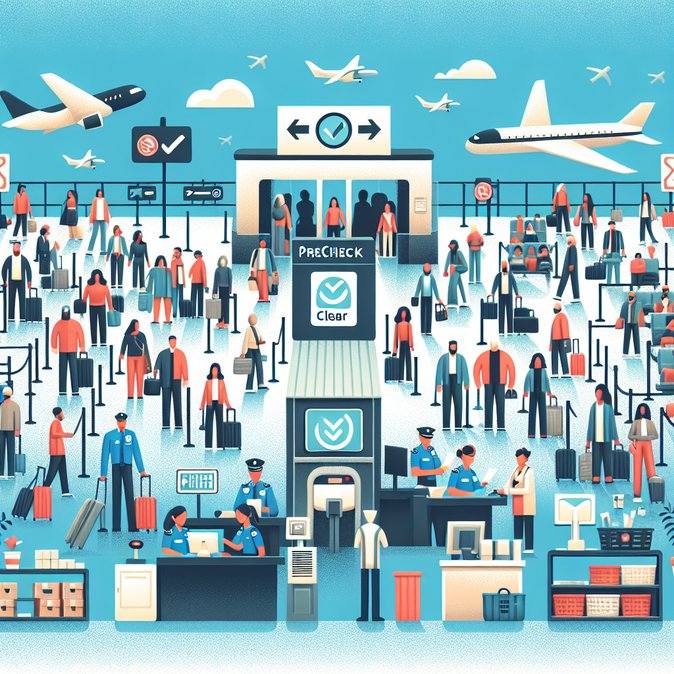
The Transportation Security Administration (TSA) says it is prepared to screen more than 17.8 million travelers between Tuesday, November 25, and Tuesday, December 2, with Sunday, November 30 expected to break the agency’s all-time single-day screening record at over 3 million passengers. Staffing levels have been fortified since last year’s government shutdown: the agency hired 2,500 officers this summer and is offering double-time pay for overtime shifts.
For corporate travel programs, the message is plan ahead. TSA recommends arriving at least two hours before domestic departures and three hours for international flights. Mobility teams should remind employees that CLEAR lanes are available at over 50 U.S. airports and Global Entry members can use TSA PreCheck security queues.
![TSA Braces to Screen 17.8 Million Passengers During Thanksgiving Week]()
TSA has also expanded its Credential Authentication Technology (CAT-2) units, which match a traveler’s ID to flight data and perform live facial recognition, to 25 additional airports this quarter. While CAT-2 speeds throughput, privacy advocates continue to push for opt-out signage and clear retention policies.
Finally, TSA’s new ‘civility in the air’ campaign aims to curb unruly-passenger incidents by broadcasting reminders at checkpoints and in airline gate areas—important for employers concerned about duty-of-care liabilities.
For corporate travel programs, the message is plan ahead. TSA recommends arriving at least two hours before domestic departures and three hours for international flights. Mobility teams should remind employees that CLEAR lanes are available at over 50 U.S. airports and Global Entry members can use TSA PreCheck security queues.

TSA has also expanded its Credential Authentication Technology (CAT-2) units, which match a traveler’s ID to flight data and perform live facial recognition, to 25 additional airports this quarter. While CAT-2 speeds throughput, privacy advocates continue to push for opt-out signage and clear retention policies.
Finally, TSA’s new ‘civility in the air’ campaign aims to curb unruly-passenger incidents by broadcasting reminders at checkpoints and in airline gate areas—important for employers concerned about duty-of-care liabilities.


